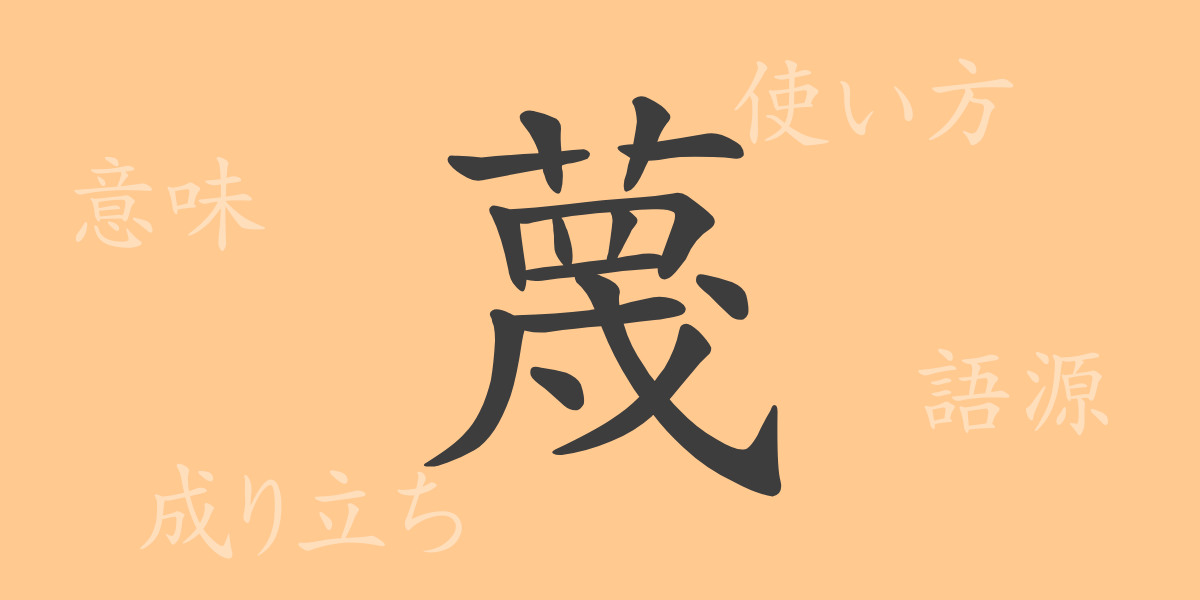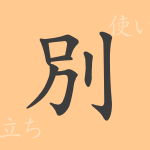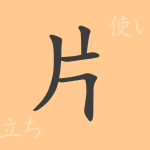One of the key elements of Japan’s rich culture is its complex and expressive writing system. This time, we focus on the 常用漢字 (joyo kanji) “蔑” (べつ, bets). Although this character is not often used in everyday conversation, it is fascinating for understanding the depth of the Japanese language. In this article, we will delve into the origin, meaning, usage, and related idioms and phrases of “蔑” (bets).
Origin of “蔑” (bets)
The kanji “蔑” (べつ, bets) is a character that was transmitted from ancient China, combining the radical for grass “艹” (くさかんむり, kusakanmuri) and “昔” (せき, seki). The origin of this character is deeply related to its meaning, implying “old grass,” which symbolizes looking down on the past. “蔑” (bets) is used to express disdain or contempt towards something.
Meaning and Usage of “蔑” (bets)
The primary meaning of “蔑” (べつ, bets) is to look down on, to despise, or to ignore something. This kanji is often used when considering someone else’s opinions or existence as worthless, carrying a negative nuance. For instance, the expression “彼の意見を蔑ろにする” (かれのいけんをないがしろにする, kare no iken o naigashiro ni suru) means to ignore or treat his opinion as unimportant.
Reading, Stroke Count, and Radical of “蔑” (bets)
“蔑” (べつ, bets) has interesting features in terms of its reading and structure in Japanese.
- Reading: The on’yomi (音読み, on’yomi) is “ベツ” (べつ, bets), and the kun’yomi (訓読み, kun’yomi) includes “さげすむ” (sagesumu) and “ないがしろ” (naigashiro).
- Stroke count: It has a total of 15 strokes.
- Radical: The radical is “艹” (くさかんむり, kusakanmuri), which classifies it among characters related to plants.
Idioms, Phrases, and Proverbs Using “蔑” (bets)
Idioms and phrases containing “蔑” (べつ, bets) reflect its negative connotations. For example, “蔑視” (べっし, besshi) means to look down on others, “蔑念” (べつねん, betsunen) means a heart that despises others, and “無蔑” (むべつ, mubetsu) means a state of not despising anything. These expressions demonstrate the rich expressiveness of the Japanese language, helping to convey specific emotions and attitudes.
Summary of “蔑” (bets)
The meaning embedded in a single kanji character reflects the culture and values behind the words through its usage and related idioms. The kanji “蔑” (べつ, bets) is often used to express an attitude of looking down on others, illustrating how such behavior is perceived. For Japanese language learners, deepening the understanding of specific kanji like this one can enhance not only language skills but also cultural comprehension.

























